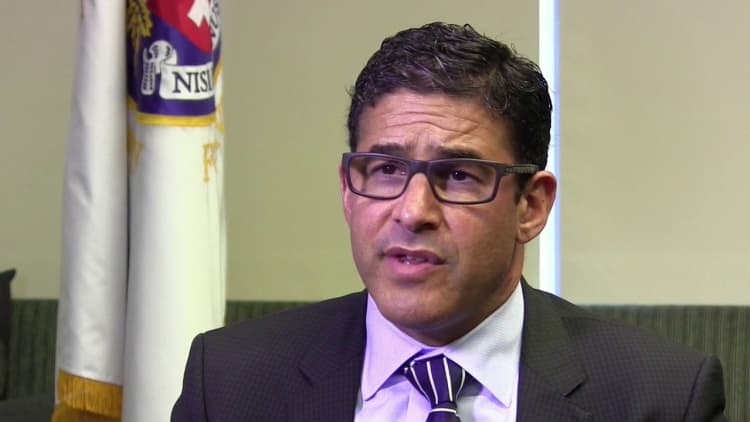
Intermountain Healthcare made a splash in January when it said it and other major hospital systems, fed up with drug shortages and skyrocketing prices, planned to manufacture their own generic medicines.
Now it has a plan for how it's going to do it. The Salt Lake City-based hospital system is teaming with the Mayo Clinic, HCA Healthcare and four others to form a nonprofit company called Civica Rx. The seven organizations, the company said in a statement Thursday, represent about 500 U.S. hospitals.
The initial focus will be a group of 14 generic drugs that are administered to patients in the hospital. The consortium wouldn't name which they are, but said its first goal is to stabilize supply of essential generic medicines, and that it expects to have its first products on the market as early as next year. Civica Rx will be an Food and Drug Administration-approved manufacturer and will either directly make the drugs itself, or will contract the work out, the company said.
Civica also named a chief executive: Martin Van Trieste, former chief quality officer for biotech giant Amgen.
"We are creating a public asset with a mission to ensure that essential generic medications are accessible and affordable," Van Trieste said in the statement. "This will improve the situation for patients by bringing much needed competition to the generic drug market."
Though the generic drug system is designed to create low-cost versions of branded medicines, lack of competition and other factors have led to continued shortages of certain products, or skyrocketing prices.
Such was the case for Daraprim, the decades-old anti-parasitic drug acquired by Martin Shkreli, who raised the price by 5,000 percent overnight. Or a number of drugs acquired by Valeant Pharmaceuticals, which then boosted prices. The Cleveland Clinic said two heart drugs alone, acquired by Valeant, cost it more than $5 million a year. (Valeant is now know as Bausch Health.)
Without competition, hospitals were left without other options. Now they plan to create their own.
The four other organizations that will govern the nonprofit company are Catholic Health Initiatives, Providence St. Joseph Health, SSM Health and Trinity Health. The U.S. Department of Veterans Affairs, the company said, "will also work in consultation with Civica Rx to address its particular needs."
The Laura and John Arnold Foundation, which has focused on combating high drug prices and other health costs, along with the Peterson Center on Healthcare and the Gary and Mary West Foundation, also focused on affordable health care, will also govern the new company.


